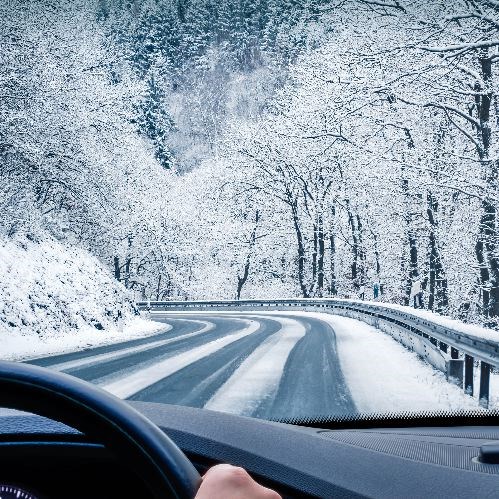Contractors will be held to higher standards when it comes to maintaining B.C.'s highways during the winter as new contracts are awarded, according to the provincial government.
Whenever the temperature is warmer than -9 C, class A highways must be returned to bare pavement within 24 hours of a snowfall, up from 48 hours under the existing contracts, when de-icing chemical use is effective.
During a winter storm, patrol frequency for class A highways will be increased to every 90 minutes from the current four hours and when a snowfall is forecast to occur, patrols will be every four hours, up from 24 hours in anticipation of an event coming.
Contractors will have to use remote weather information systems to forecast when a weather event will occur and spread anti-icing chemicals prior to the weather event.
And the aggregate spread on highways will be 9.5 millimetres, down from the old standard of 12.5 millimetres, to reduce potential windshield damage.
Of the 28 service areas across the province, 26 are up for contract renewal in 2018-19 through an open bidding process.
For Highway 16, they include Service Area 24 - Lakes (expires Aug. 31, 2018), Service Area 27 - North Coast (Sept. 30, 2018), Service Area 26 - Skeena (March 31, 2019), Service Area 23 - Nechako (April 30, 2019) and Service Area 19 - Fort George (May 31, 2019).
Service Area 20 - Robson will be up for renewal by Aug. 31, 2021.
For Highway 97 from 100 Mile House to the Yukon border, they include Service Area 16 - South Cariboo (May 31, 2019), Service Area 19 - Fort George (May 31, 2019), Service Area 22 - North Peace (May 31, 2019), Service Area 17 - Central Cariboo (June 30, 2019), Service Area 18 - North Cariboo (June 30, 2019) and Service Area 21 - South Peace (July 31, 2019).
Both Highway 16 and Highway 97 have been completely designated as class A since 2014.
The new standards were announced last week as part of a collection of changes meant to make driving on highways safer during the winter.

.png;w=120;h=80;mode=crop)

